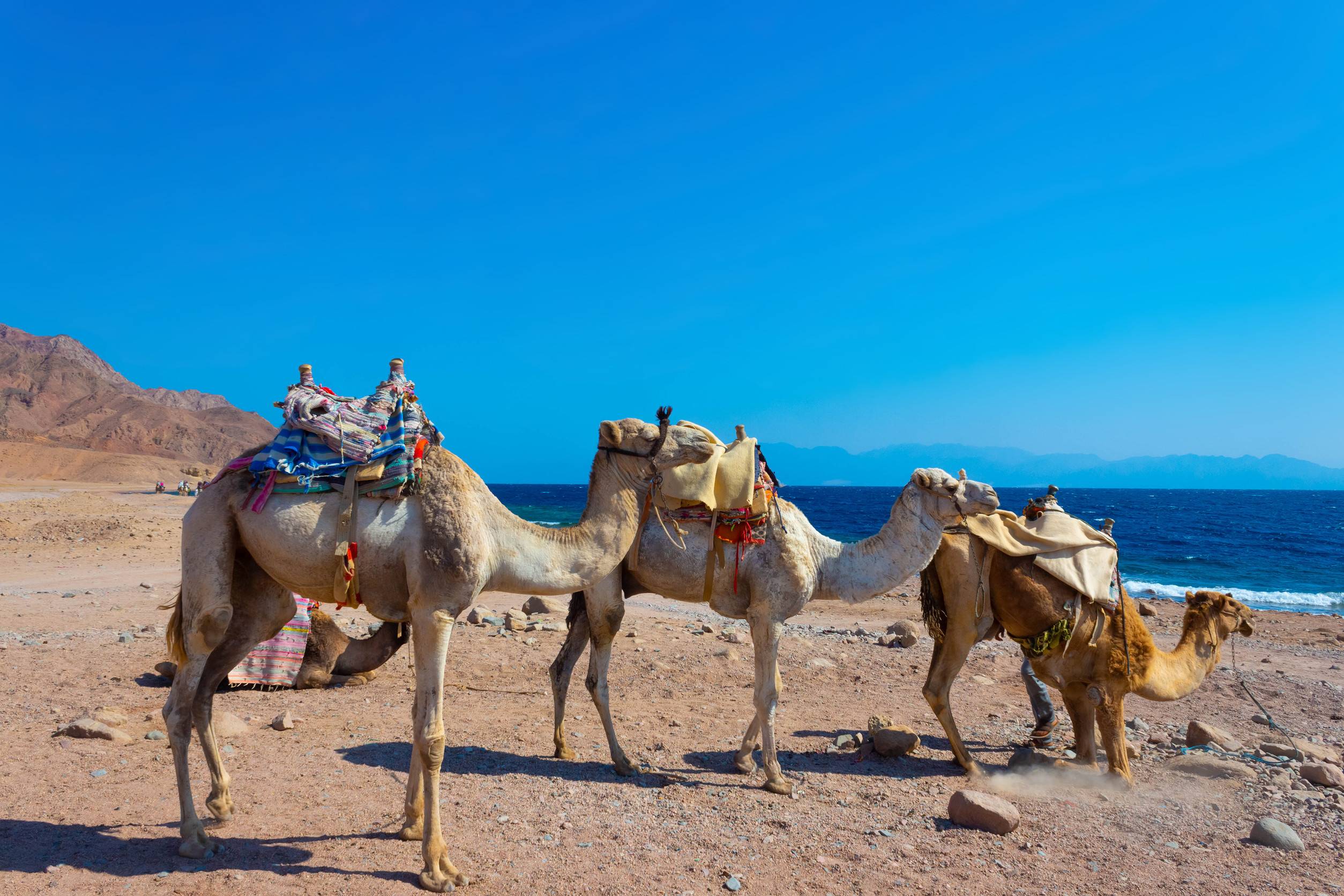
Planning a trip to Tunisia? Before you embark on your adventure, there are a few important things to keep in mind. This beautiful North African country offers a rich blend of history, culture, and stunning landscapes, but being prepared will ensure you make the most of your visit.
From understanding local customs to knowing what to pack, here are the top few things to remember before visiting Tunisia.
Before visiting Tunisia, here are a few important things to remember:
Ensure that you have a valid passport with at least six months of validity remaining. Check if you need a visa to enter Tunisia and make sure to obtain it in advance if required.
Stay informed about the current situation in Tunisia and any travel advisories issued by your home country. It's advisable to register with your embassy or consulate upon arrival and follow their guidelines for a safe and secure visit.
Tunisia experiences a Mediterranean climate with hot summers and mild winters. Pack appropriate clothing based on the season and the activities you plan to engage in. Don't forget essentials like sunscreen, a hat, and sunglasses to protect yourself from the sun.
Tunisians have a rich cultural heritage, and it's important to respect their traditions and customs. Dress modestly, particularly when visiting religious sites, and be mindful of local customs and practices. It's also polite to greet people with a simple "Bonjour" or "Salam" (hello) and thank them with "Merci" (thank you).
Arabic is the official language of Tunisia, but French is widely spoken, especially in tourist areas. English is also spoken by many people in the tourism industry. Learning a few basic Arabic or French phrases can be helpful and appreciated by the locals.
The official currency of Tunisia is the Tunisian Dinar (TND). It's advisable to have some local currency on hand for small expenses. Credit cards are accepted in major hotels, restaurants, and shops, but it's always a good idea to carry some cash for smaller establishments and local markets.
Ensure you have comprehensive travel insurance that covers medical expenses, as well as any specific activities you plan to engage in. Check if any vaccinations are recommended before travelling to Tunisia and take necessary precautions against mosquito-borne diseases if visiting during certain seasons.
Tunisians are known for their warm hospitality. It's customary to greet people with a handshake, and it's polite to accept offers of tea or coffee when visiting someone's home. Avoid sensitive topics of conversation, such as politics or religion, unless it's brought up by the locals.
Tunisia has a well-connected transportation system, including trains, buses, and taxis. Research and plan your transportation options in advance, particularly for intercity travel. Ensure your safety when using taxis by choosing licensed and metered vehicles or negotiating the fare before the journey.
Tunisia is home to numerous historical and archaeological sites, such as Carthage, Dougga, and El Djem. Show respect for these sites by following the guidelines, refraining from touching or damaging the structures, and properly disposing of any waste.
Tunisia offers a diverse culinary experience. Don't miss the chance to try local dishes like couscous, brik (a savoury pastry), and traditional Tunisian stews. Be open to new flavours and explore the local food markets and restaurants for an authentic taste of Tunisia.
While tap water is generally considered safe in major cities and tourist areas, it's recommended to drink bottled water or use water purification methods to avoid any potential stomach issues.
Bargaining is common in Tunisia, particularly in local markets and souks. Feel free to negotiate prices, but do so in a respectful and friendly manner. Remember that fair pricing benefits both the buyer and the seller.
Tunisians typically have a relaxed approach to time, and schedules may be more flexible compared to Western cultures. Allow for some flexibility in your plans and be patient if things don't always run on time.
Familiarise yourself with the emergency contact numbers in Tunisia, including the local police, ambulance services, and the tourist police helpline.
By keeping these tips in mind, you'll be better prepared to have an enjoyable and memorable visit to Tunisia. Remember to embrace the local culture, be respectful to the people, and take necessary precautions for a safe and fulfilling travel experience.

To help us improve